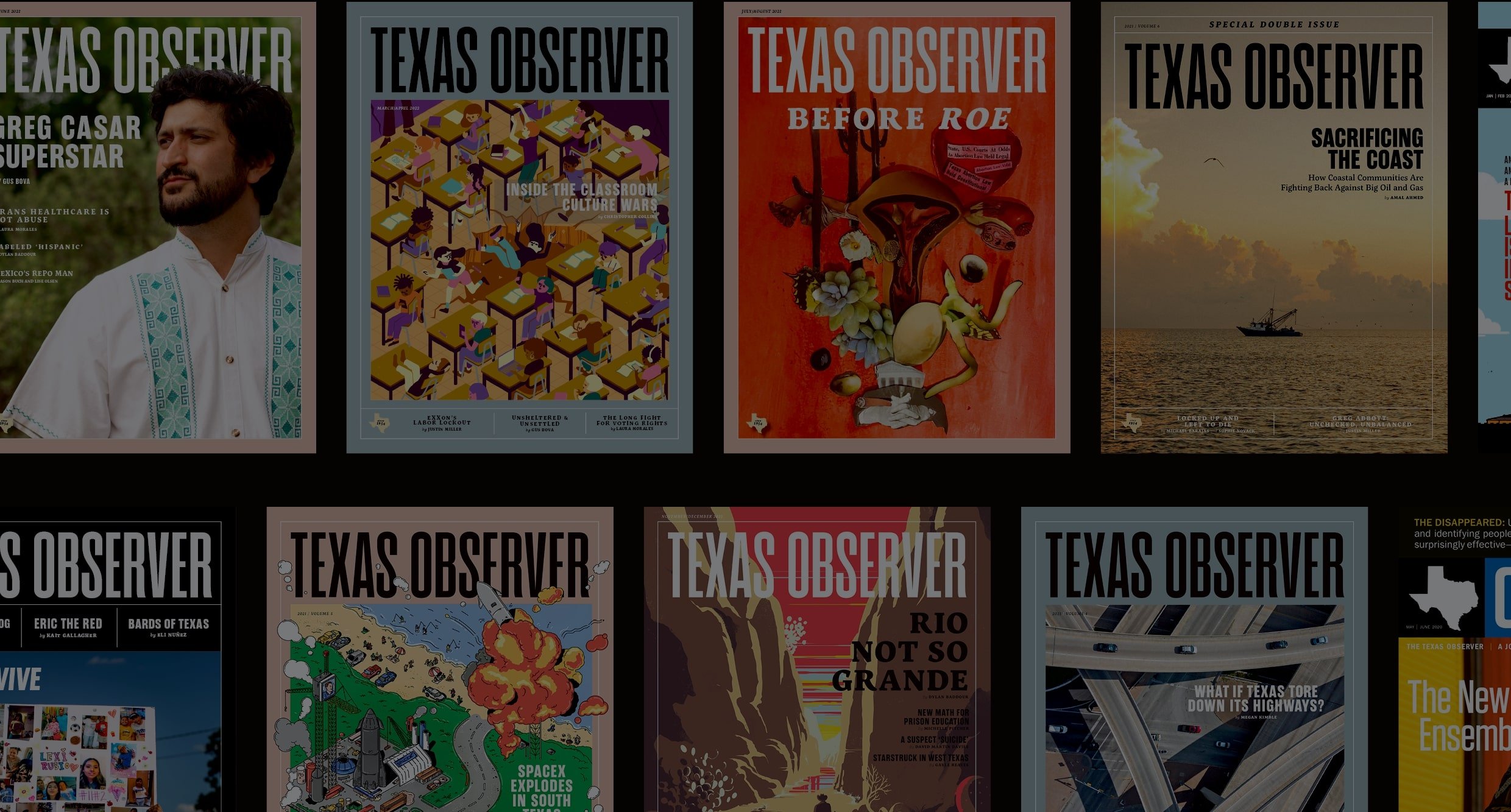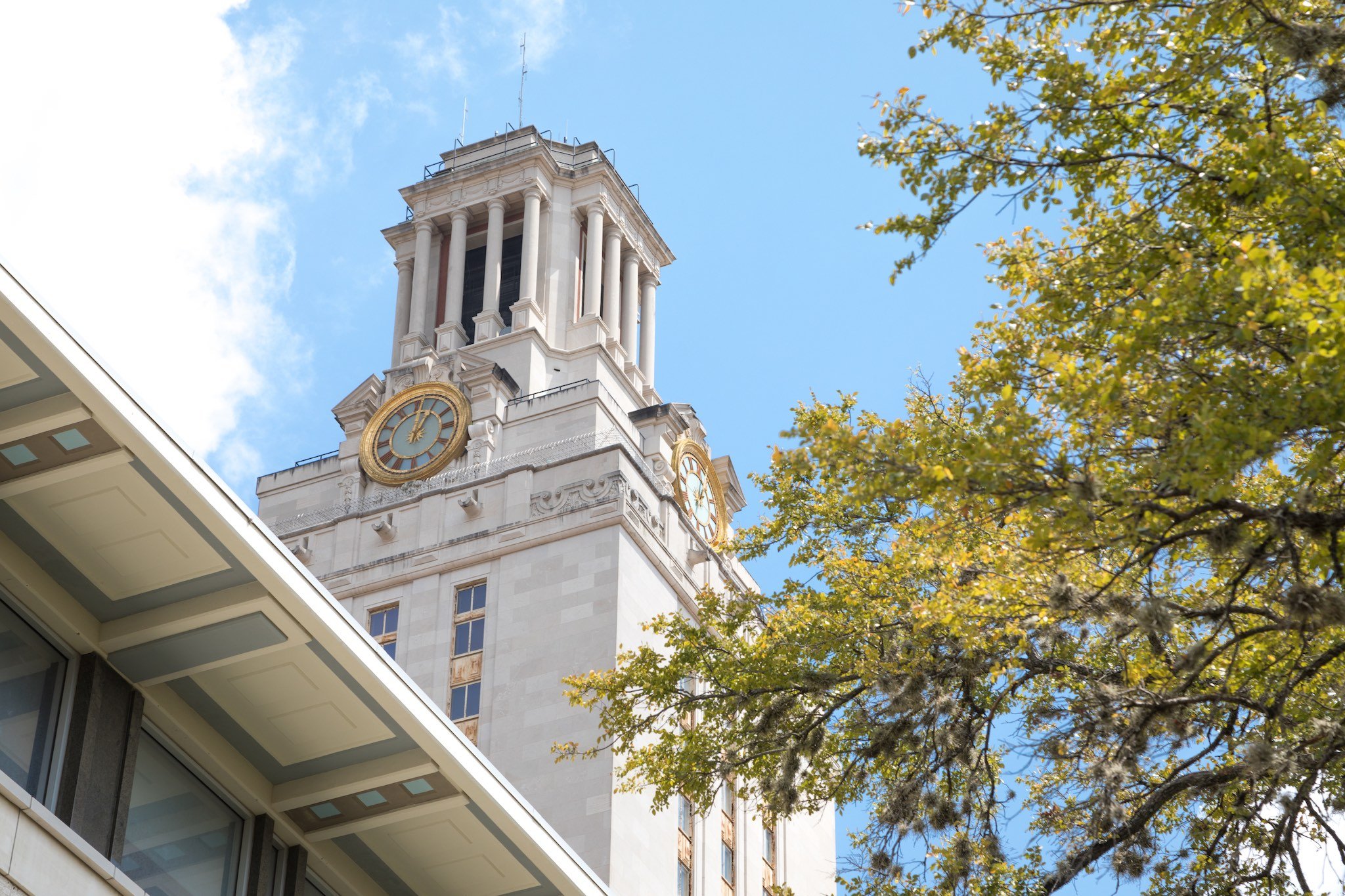Red Hot Patriot: A Review
A celebration of of Molly Ivins' outrageous wit.
We just passed the 4th anniversary of the death of Molly Ivins. That’s still hard to believe. I’ve followed Molly’s writing from when she was a columnist for the now defunct Dallas Times Herald. I only met her once, when we attended a Rabble Rouser’s Roundup several years ago. Molly was walking through the crowd and thanking us for supporting the Texas Observer. I count myself lucky that I got to meet her once. My wife and I drove down from Dallas, just to attend the event. Last weekend, my wife Jill and I once again drove down from Dallas for the day to attend the new play, “Red Hot Patriot: The Kick-Ass Wit of Molly Ivins”, at the Zach Theatre.
The play was written by journalists (and twin sisters) Margaret and Allison Engel and directed by David Esbjornson, “Red Hot Patriot” is exactly what is it is billed as, a celebration of of Molly Ivins’ outrageous wit. It is also an enlightening glimpse into how a girl that grew up as a debutante in the affluent River Oaks neighborhood of Houston, could become the modern symbol of Texas Progressivism. The play is an entertaining depiction of Molly’s deep affection for the Lone Star state with all of its warts and prejudices.
The play hits its stride in the opening scene: Molly has her blood red cowboy boots propped on top of a 60’s grungy newspaper desk. Also on the desk is a stuffed Armadillo and a pack of smokes next to an ancient manual typewriter. She begins, “I’m writing. This is what writing looks like.”
Austin actress, Barbara Chisholm plays Ivins perfectly. She is equal parts biting humor, pathos and outrage. But all of this is tempered with conviction. The play hits all of the right ingredients to celebrate Texas Progressivism. It is an homage to the newspaper business and how extraordinary it was to be a woman in the newspaper business in the sixties. The play gives a glimpse at what it was like for a woman reporter become, as the play puts ‘one of the boys.’
The play is at its most poignant as it deals with Molly’s relationship with her father, “The General.” She must not have agreed with him about anything, other than the love of alcohol which she eventually left behind. I left the play wishing that Molly could know that she had the respect that she must have longed for and must have had from this powerful male figure. The play touches on the string of men that were influential in her life, from Lieutenant Governor Bob Bulloch to the early loves of her life, two of which ended tragically.
The play is a love letter to the Texas Observer. I loved the scene where Molly describes how she and her editor Kaye Northcott would travel to write a story. As she tells it, they would call ahead to a subscriber in a small town, and how they’d be invited to stay for dinner, after the person ‘called the other liberal in town.’ It’s that affection for the lonely progressive voices of Texas that make the play such an homage to the state and such a clarion call to activism. The playwrights even have Molly ask the audience if they subscribe to the Texas Observer. There was lots of applause on that line. She mentions that her move to the New York time produced a multiple of her Texas Observer paycheck, but that she was not nearly as happy.
The play covers the hall of fame of Texas Progressives. Everyone from Ralph Yarborough to John Henry Faulk gets mentioned. Of course she mentions her friend Ann Richards. But also mentioned is the nineteen century editor of the Iconoclast, William Cowper Brann, shot to death by Baptists in downtown Waco. Photos of Molly and all her friends appear projected on the wall behind the spare set. Just displaying George W.’s photo on the wall is enough to get this audience chuckling.
But the play was not primarily entertaining. This is because it is not a call to passive entertainment. Instead the penultimate lines in the play are excerpts from the last column in her beloved Texas Observer: “We need people in the streets, banging pots and pans ….!” It’s ironic, I think that my wife and I both left this play, feeling sad. We were sad about the untimely loss of Molly and that there’s no heir apparent. We’re sad at the cruel ravages of breast cancer, despite the good humor that was part of Molly’s fight at cancer. Primarily I think I was sad that the level of political discourse in our country is not more courageous. It is not more serious. As Molly asks through the play, “Where is the outrage?” We watch an economy devastated by fat cats on Wall Street and no policies appear to have changed.
Leaving this Theater, I felt like banging some pots. What could be a better reaction to this play?

